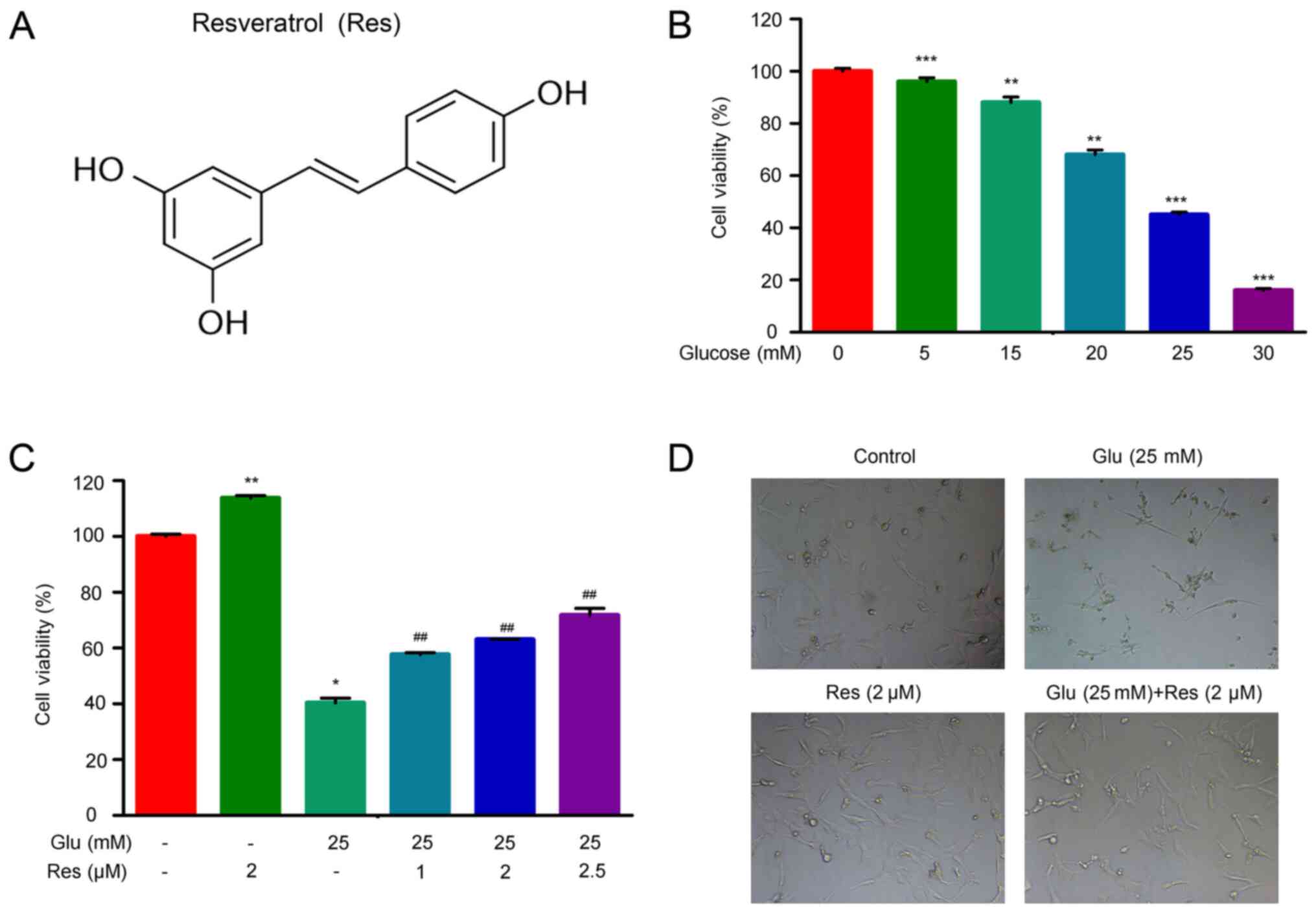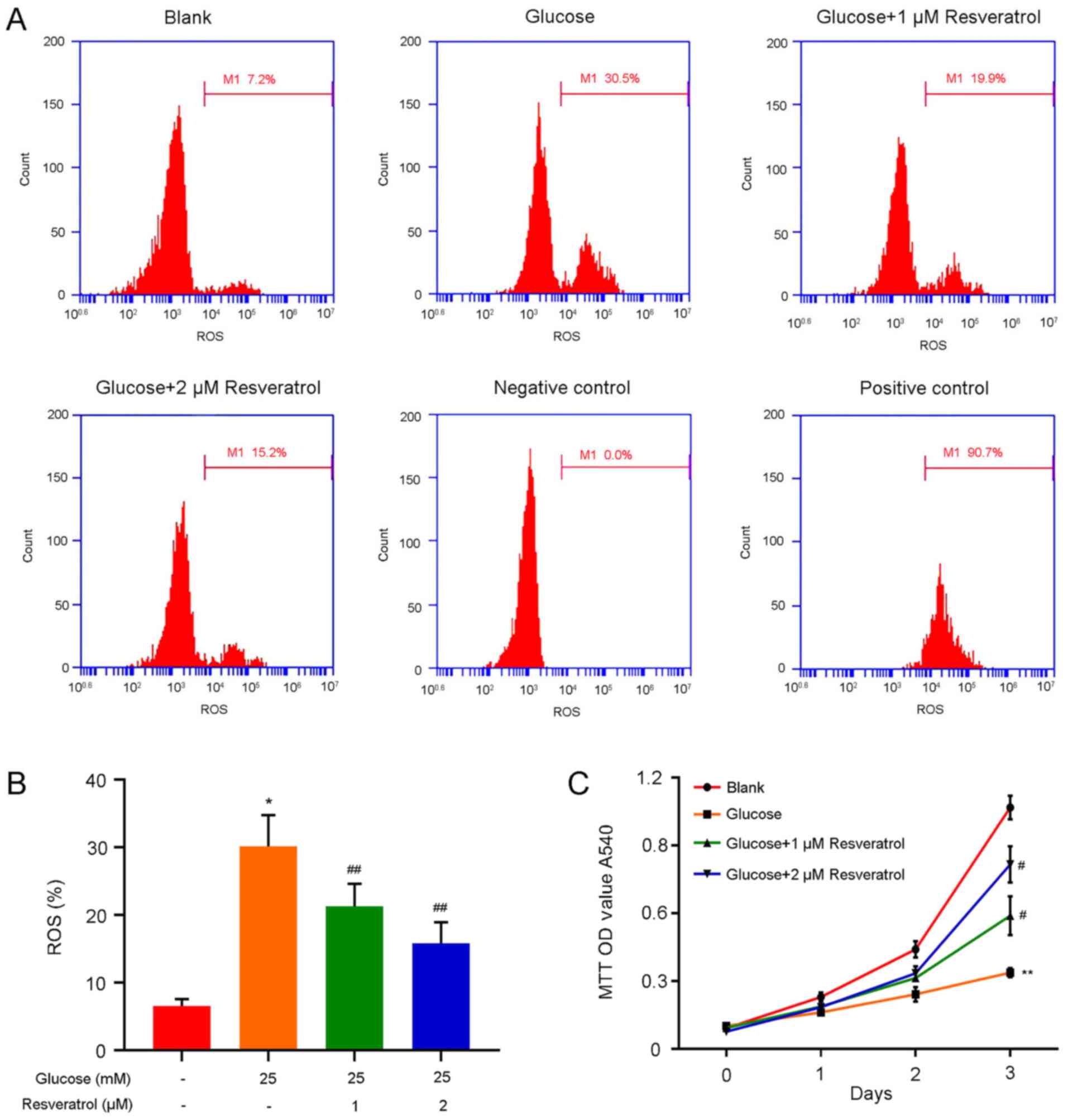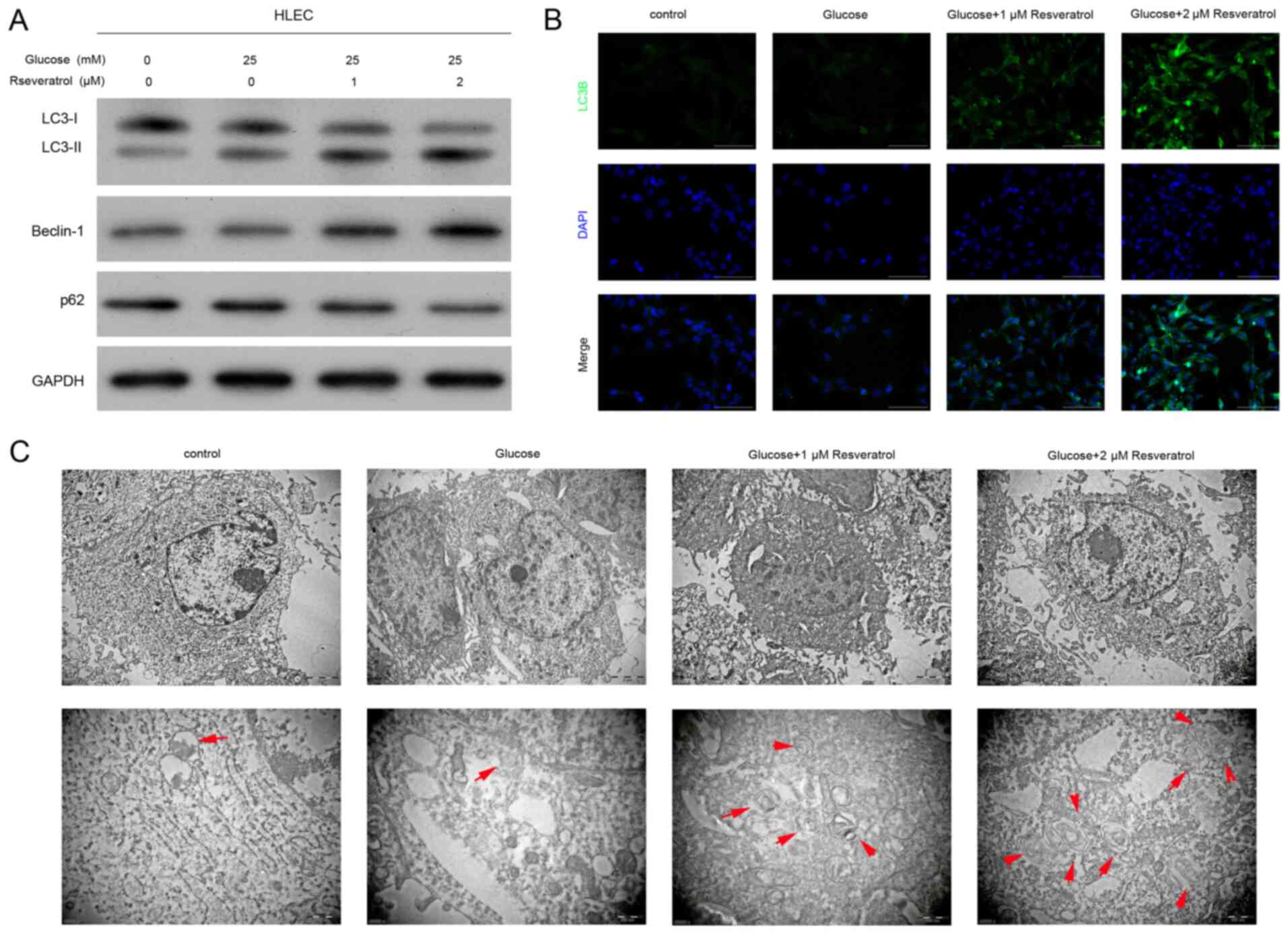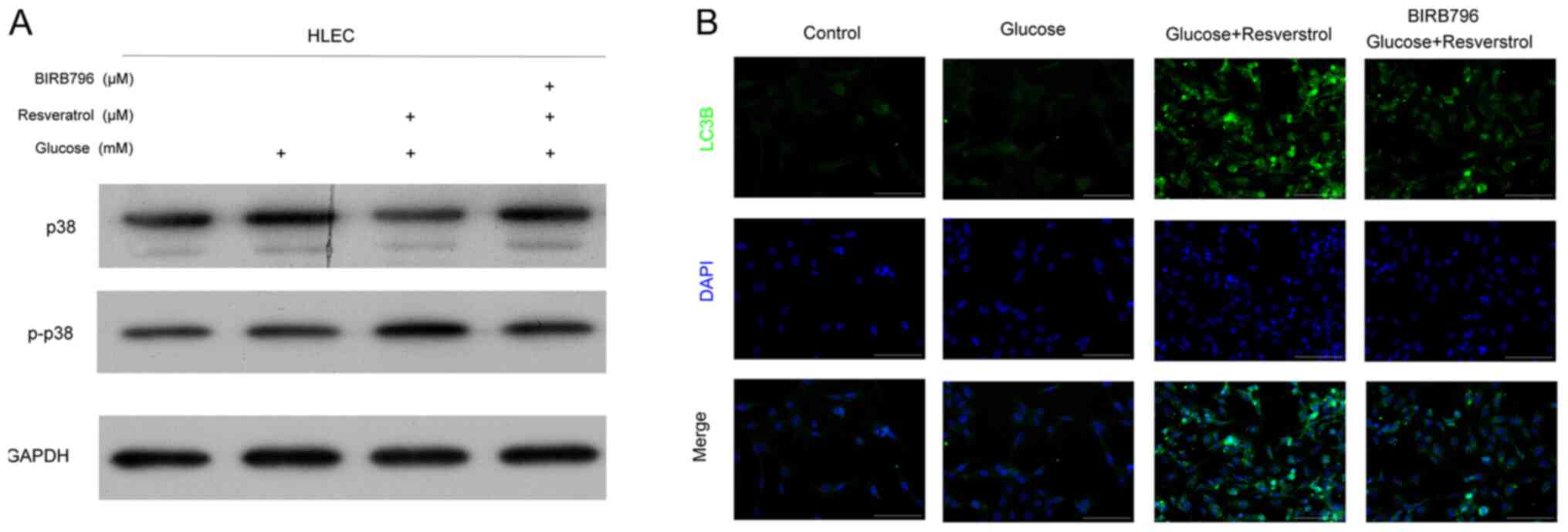|
1
|
Becker C, Schneider C, Aballéa S, Bailey
C, Bourne R, Jick S and Meier C: Cataract in patients with diabetes
mellitus-incidence rates in the UK and risk factors. Eye (Lond).
32:1028–1035. 2018.PubMed/NCBI View Article : Google Scholar
|
|
2
|
Wong IYH, Ni MY, Wong IOL, Fong N and
Leung GM: Saving sight in China and beyond: The lifeline express
model. BMJ Glob Health. 3(e000766)2018.PubMed/NCBI View Article : Google Scholar
|
|
3
|
Ferraiolo A, Bordone C, Ramone A, Gorlero
F, Gustavino C and Cordera R: Universal versus risk factor
screening for gestational diabetes mellitus. Clin Exp Obstet
Gynecol. 45:53–57. 2018.
|
|
4
|
Pollreisz A and Schmidt-Erfurth U:
Diabetic cataract- pathogenesis, epidemiology and treatment. J
Ophthalmol. 2010(608751)2010.PubMed/NCBI View Article : Google Scholar
|
|
5
|
Šimunović M, Paradžik M, Škrabić R, Unić
I, Bućan K and Škrabić V: Cataract as early ocular complication in
children and adolescents with type 1 diabetes mellitus. Int J
Endocrinol. 2018(6763586)2018.PubMed/NCBI View Article : Google Scholar
|
|
6
|
Obrosova IG, Chung SS and Kador PF:
Diabetic cataracts: Mechanisms and management. Diabetes Metab Res
Rev. 26:172–180. 2010.PubMed/NCBI View Article : Google Scholar
|
|
7
|
Snow A, Shieh B, Chang KC, Pal A, Lenhart
P, Ammar D, Ruzycki P, Palla S, Reddy GB and Petrash JM: Aldose
reductase expression as a risk factor for cataract. Chem Biol
Interact. 234:247–253. 2015.PubMed/NCBI View Article : Google Scholar
|
|
8
|
Bhadada SV, Vyas VK and Goyal RK:
Protective effect of Tephrosia purpurea in diabetic cataract
through aldose reductase inhibitory activity. Biomed Pharmacother.
83:221–228. 2016.PubMed/NCBI View Article : Google Scholar
|
|
9
|
Kim J, Kim CS, Sohn E, Lee YM, Jo K and
Kim JS: Litsea japonica extract inhibits aldose reductase activity
and hyperglycemia-induced Lenticular Sorbitol accumulation in db/db
mice. Evid Based Complement Alternat Med.
2015(747830)2015.PubMed/NCBI View Article : Google Scholar
|
|
10
|
Kim J, Kim CS, Sohn E, Kim H, Jeong IH and
Jin SK: Lens epithelial cell apoptosis initiates diabetic
cataractogenesis in the Zucker diabetic fatty rat. Graefes Arch
Clin Exp Ophthalmol. 248:811–818. 2010.PubMed/NCBI View Article : Google Scholar
|
|
11
|
Zhu L, Zhao K and Lou D: Apoptosis factors
of lens epithelial cells Responsible for cataractogenesis in
vitrectomized eyes with silicone oil tamponade. Med Sci Monit.
22:788–796. 2016.PubMed/NCBI View Article : Google Scholar
|
|
12
|
Kubota M, Shui YB, Liu M, Bai F, Huang AJ,
Ma N, Beebe DC and Siegfried CJ: Mitochondrial oxygen metabolism in
primary human lens epithelial cells: Association with age, diabetes
and glaucoma. Free Radic Biol Med. 97:513–519. 2016.PubMed/NCBI View Article : Google Scholar
|
|
13
|
Gong W, Zhu G, Li J and Yang X: LncRNA
MALAT1 promotes the apoptosis and oxidative stress of human lens
epithelial cells via p38MAPK pathway in diabetic cataract. Diabetes
Res Clin Pract. 144:314–321. 2018.PubMed/NCBI View Article : Google Scholar
|
|
14
|
Nambu H, Kubo E, Takamura Y, Tsuzuki S,
Tamura M and Akagi Y: Attenuation of aldose reductase gene
suppresses high-glucose-induced apoptosis and oxidative stress in
rat lens epithelial cells. Diabetes Res Clin Pract. 82:18–24.
2008.PubMed/NCBI View Article : Google Scholar
|
|
15
|
Barlow AD and Thomas DC: Autophagy in
diabetes: β-Cell dysfunction, insulin resistance, and
complications. DNA Cell Bio. 34:252–260. 2015.PubMed/NCBI View Article : Google Scholar
|
|
16
|
Jegal KH, Ko HL, Sang MP, Byun SH, Kang
KW, Cho IJ and Kim SC: Eupatilin induces Sestrin2-dependent
autophagy to prevent oxidative stress. Apoptosis. 21:642–656.
2016.PubMed/NCBI View Article : Google Scholar
|
|
17
|
Xie W, Zhang L, Jiao H, Guan L, Zha J, Li
X, Wu M, Wang Z, Han J and You H: Chaperone-mediated autophagy
prevents apoptosis by degrading BBC3/PUMA. Autophagy. 11:1623–1635.
2015.PubMed/NCBI View Article : Google Scholar
|
|
18
|
Lim H, Lim YM, Kim KH, Jeon YE, Park K,
Kim J, Hwang HY, Lee DJ, Pagire H, Kwon HJ, et al: A novel
autophagy enhancer as a therapeutic agent against metabolic
syndrome and diabetes. Nat Commun. 9(1438)2018.PubMed/NCBI View Article : Google Scholar
|
|
19
|
Lu Z, Rong C and Huang Y: MiR-30a inhibits
BECN1-mediated autophagy in diabetic cataract. Oncotarget.
8:77360–77368. 2017.PubMed/NCBI View Article : Google Scholar
|
|
20
|
Öztürk E, Arslan AKK, Yerer MB and
Bishayee A: Resveratrol and diabetes: A critical review of clinical
studies. Biomed Pharmacother. 95:230–234. 2017.PubMed/NCBI View Article : Google Scholar
|
|
21
|
Rodrigo R, Miranda A and Vergara L:
Modulation of endogenous antioxidant system by wine polyphenols in
human disease. Clin Chim Acta. 412:410–424. 2011.PubMed/NCBI View Article : Google Scholar
|
|
22
|
Vinod BS, Nair HH, Vijayakurup V, Shabna
A, Shah S, Krishna A, Pillai KS, Thankachan S and Anto RJ:
Resveratrol chemosensitizes HER-2-overexpressing breast cancer
cells to docetaxel chemoresistance by inhibiting docetaxel-mediated
activation of HER-2-Akt axis. Cell Death Discov.
1(15061)2015.PubMed/NCBI View Article : Google Scholar
|
|
23
|
Guo H, Chen Y, Liao L and Wu W:
Resveratrol protects HUVECs from oxidized-LDL induced oxidative
damage by autophagy upregulation via the AMPK/SIRT1 pathway.
Cardiovasc Drugs Ther. 27:189–198. 2013.PubMed/NCBI View Article : Google Scholar
|
|
24
|
Wang J, Li J, Cao N, Li Z, Han J and Li L:
Resveratrol, an activator of SIRT1, induces protective autophagy in
non-small-cell lung cancer via inhibiting Akt/mTOR and activating
p38-MAPK. OncoTargets Ther. 11:7777–7786. 2018.PubMed/NCBI View Article : Google Scholar
|
|
25
|
Wu Z, Yin X, Ji L, Gao YY, Pan YM, Lu Q
and Wang JY: Ginkgo biloba extract prevents against apoptosis
induced by high glucose in human lens epithelial cells. Acta
Pharmacol Sin. 29:1042–1050. 2008.PubMed/NCBI View Article : Google Scholar
|
|
26
|
He Y, She H, Zhang T, Xu H, Cheng L, Yepes
M, Zhao Y and Mao Z: p38 MAPK inhibits autophagy and promotes
microglial inflammatory responses by phosphorylating ULK1. J Cell
Biol. 217:315–328. 2018.PubMed/NCBI View Article : Google Scholar
|
|
27
|
Fairhurst RM, Nayyar GM, Breman JG,
Hallett R, Vennerstrom JL, Duong S, Ringwald P, Wellems TE, Plowe
CV and Dondorp AM: Artemisinin-resistant malaria: Research
challenges, opportunities, and public health implications. Am J
Trop Med Hyg. 87:231–241. 2012.PubMed/NCBI View Article : Google Scholar
|
|
28
|
Drenberg CD, Buaboonnam J, Orwick SJ, Hu
S, Li L, Fan Y, Shelat AA, Guy RK, Rubnitz J and Baker SD:
Evaluation of artemisinins for the treatment of acute myeloid
leukemia. Cancer Chemother Pharmacol. 77:1231–1243. 2016.PubMed/NCBI View Article : Google Scholar
|
|
29
|
Ping L, Zhang F, Qian S, Li X, Cui ZM,
Dang YJ and Tang QQ: Artemisinin derivatives prevent obesity by
inducing browning of WAT and enhancing BAT function. Cell Res.
26:1169–1172. 2016.PubMed/NCBI View Article : Google Scholar
|
|
30
|
Kuršvietienė L, Stanevičienė I,
Mongirdienė A and Bernatonienė J: Multiplicity of effects and
health benefits of resveratrol. Medicina (Kaunas). 52:148–155.
2016.PubMed/NCBI View Article : Google Scholar
|
|
31
|
Gao L, Jauregui CE and Teng Y: Targeting
autophagy as a strategy for drug discovery and therapeutic
modulation. Future Med Chem. 9:335–345. 2017.PubMed/NCBI View Article : Google Scholar
|
|
32
|
Marasco MR and Linnemann AK: β-cell
autophagy in diabetes pathogenesis. Endocrinology. 159:2127–2141.
2018.PubMed/NCBI View Article : Google Scholar
|
|
33
|
Quan W, Lim YM and Lee MS: Role of
autophagy in diabetes and endoplasmic reticulum stress of
pancreatic β-cells. Exp Mol Med. 44:81–88. 2012.PubMed/NCBI View Article : Google Scholar
|
|
34
|
Mcleland CB, Rodriguez J and Stern ST:
Autophagy monitoring assay: Qualitative analysis of MAP LC3-I to II
conversion by immunoblot. Methods Mol Biol. 697(199)2011.PubMed/NCBI View Article : Google Scholar
|
|
35
|
Pattingre S, Tassa A, Qu X, Garuti R,
Liang XH, Mizushima N, Packer M, Schneider MD and Levine B: Bcl-2
antiapoptotic proteins inhibit Beclin 1-dependent autophagy. Cell.
122:927–939. 2005.PubMed/NCBI View Article : Google Scholar
|
|
36
|
Komatsu M and Ichimura Y: Physiological
significance of selective degradation of p62 by autophagy. FEBS
Lett. 584:1374–1378. 2010.PubMed/NCBI View Article : Google Scholar
|
|
37
|
Guo F, He XB, Li S and Le W: A central
role for phosphorylated p38α in linking proteasome
inhibition-induced apoptosis and autophagy. Mol Neurobiol. 54:1–13.
2016.PubMed/NCBI View Article : Google Scholar
|
|
38
|
Chung S, Yao H, Caito S, Hwang JW,
Arunachalam G and Rahman I: Regulation of SIRT1 in cellular
functions: Role of polyphenols. Arch Biochem Biophys. 501:79–90.
2010.PubMed/NCBI View Article : Google Scholar
|
|
39
|
Zeng K, Feng QG, Lin BT, Ma DH and Liu CM:
Effects of microRNA-211 on proliferation and apoptosis of lens
epithelial cells by targeting SIRT1 gene in diabetic cataract mice.
Bioscience Reports. 37(BSR20170695)2017.PubMed/NCBI View Article : Google Scholar
|


















